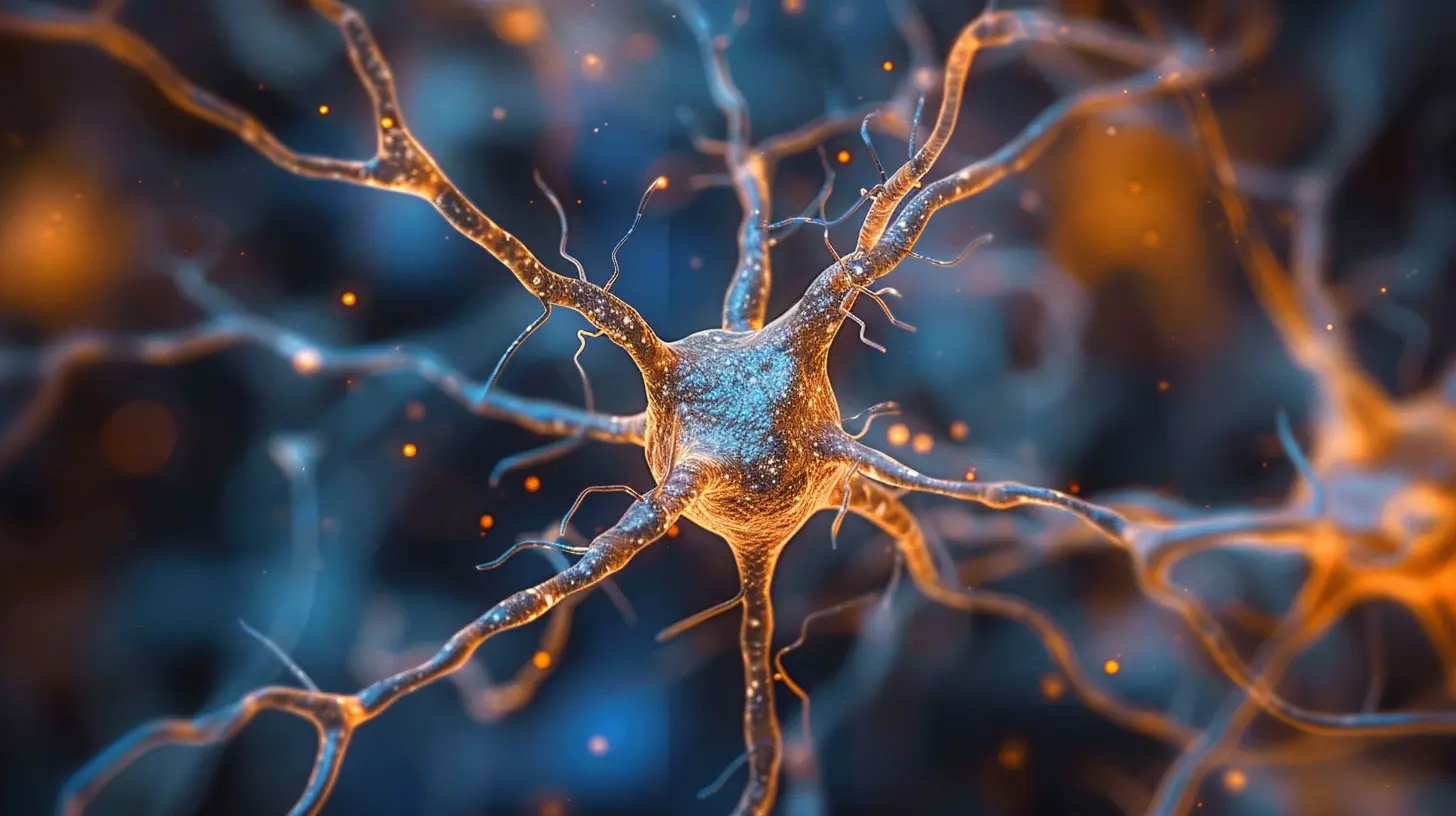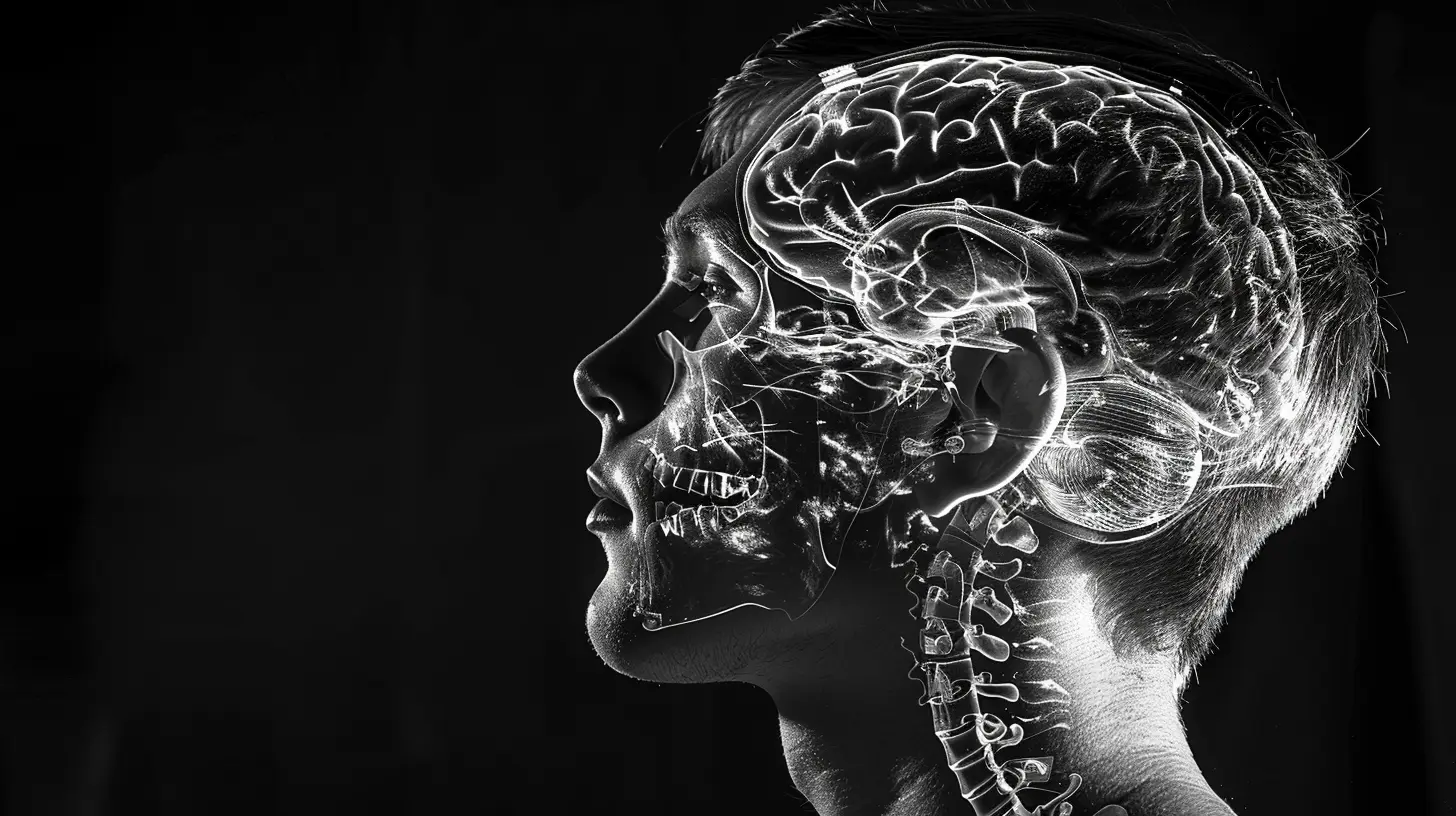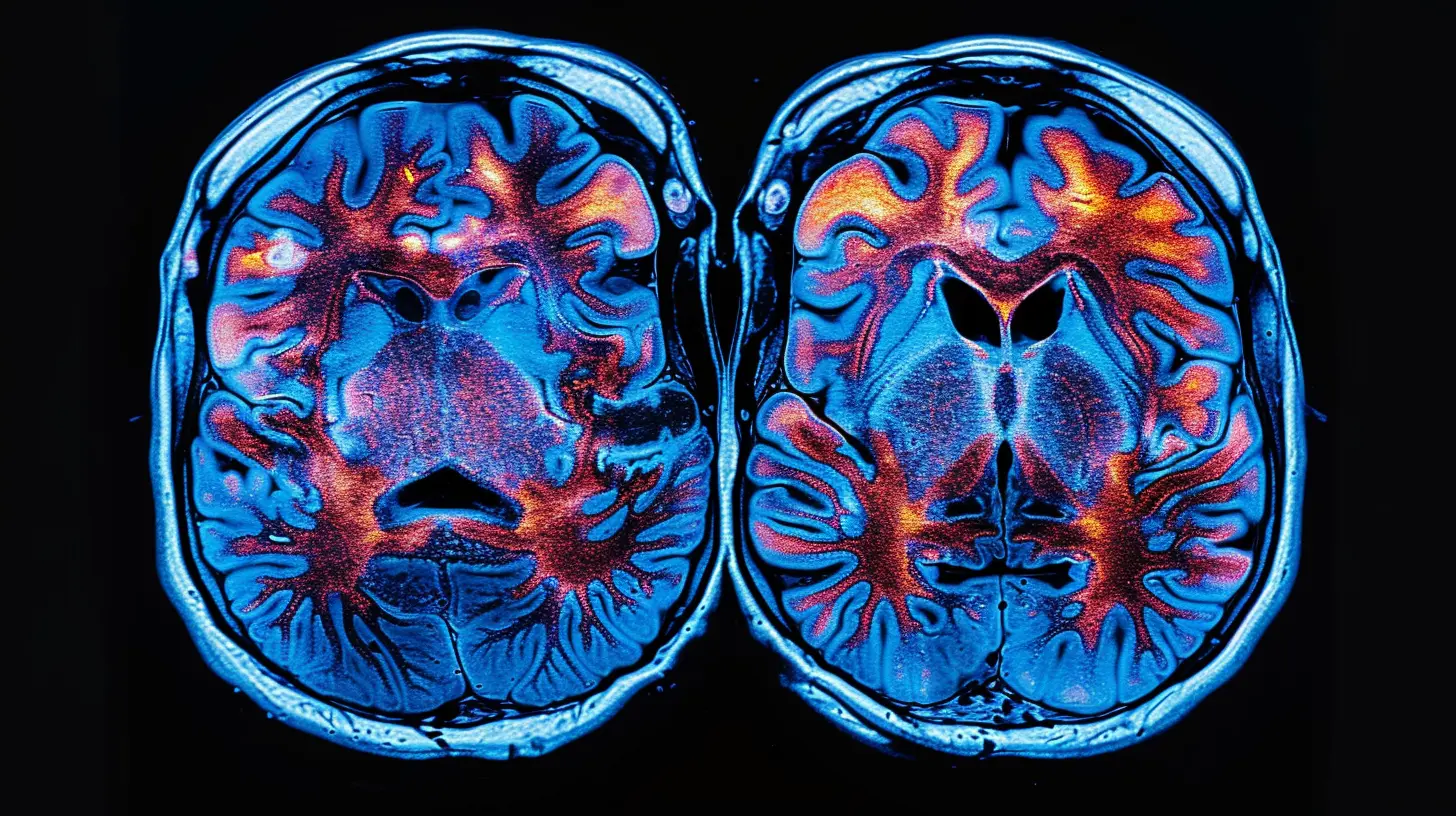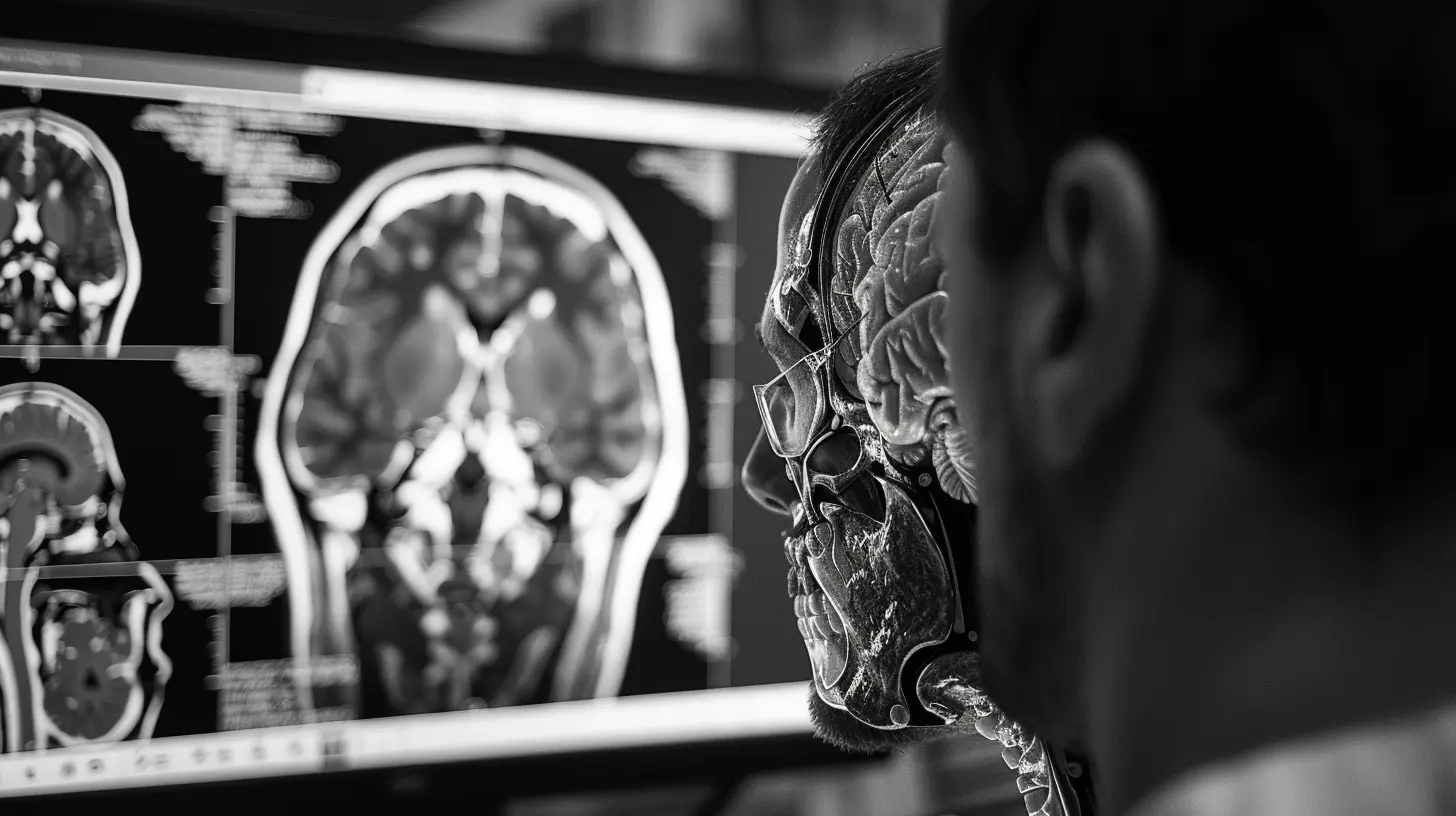How Chronic Pain Alters Brain Function
29 May 2025
Chronic pain isn’t just a lingering discomfort—it’s a life-altering experience that reshapes how the brain works. If you’ve ever dealt with persistent pain, you know it’s more than just a physical issue. It messes with your emotions, memory, and even decision-making. But why does this happen? What’s going on inside your brain when pain doesn't go away? Let’s dive deep into how chronic pain alters brain function and what this means for those living with it.

Understanding Chronic Pain
Before we delve into the brain’s transformation, let's clarify what chronic pain actually is. Unlike acute pain—like the sharp sting from a paper cut or the soreness after a workout—chronic pain lingers for months or even years. It can stem from injuries, medical conditions like arthritis, or sometimes appear without a clear cause.The worst part? Chronic pain isn't just about the physical sensation. It rewires the brain in ways that affect mood, cognition, and overall mental health.

How Chronic Pain Changes Brain Structure
Long-term pain doesn’t just stick around—it modifies the actual wiring of the brain. Think of your brain as a circuit board. When pain persists, it forces the brain to reroute its normal functions, creating long-term changes. Here’s what happens:1. Grey Matter Shrinkage
Grey matter is critical for processing sensory input, emotions, and memory. Studies have shown that chronic pain causes a gradual reduction in grey matter volume, particularly in areas like:- The prefrontal cortex (responsible for decision-making and problem-solving)
- The thalamus (which regulates sensory information)
- The hippocampus (key for memory and learning)
This shrinkage can lead to cognitive decline, trouble focusing, and even increased susceptibility to mental health disorders.
2. Disrupted Connectivity Between Brain Regions
The brain thrives on efficient communication between different regions. When chronic pain takes over, it disrupts these connections, particularly between the prefrontal cortex and the limbic system (which controls emotions). This can result in heightened anxiety, irritability, and even depression.3. Overactive Pain Pathways
Chronic pain essentially "hijacks" the nervous system. The brain becomes hyper-focused on pain signals, amplifying discomfort even when there’s no direct cause. This is why some people with chronic pain feel pain more intensely than others—pain processing in their brain becomes exaggerated.
The Emotional Toll: Pain and Mental Health
Pain isn’t just felt physically—it deeply affects emotions. If you’ve ever had a lingering headache, you know how hard it is to focus or stay in a good mood. Now imagine that on a daily basis.1. Depression and Anxiety
Since chronic pain disrupts normal brain function, it significantly increases the risk of depression and anxiety. The brain regions affected by pain also regulate mood, making it easier to slip into states of sadness or worry.- The prefrontal cortex struggles to regulate emotions effectively.
- The amygdala, the brain's fear center, becomes more reactive, leading to heightened anxiety.
2. Cognitive Impairment (“Brain Fog”)
Many people with chronic pain report experiencing "brain fog." This includes:- Difficulty concentrating
- Memory lapses
- Slower information processing
Because chronic pain monopolizes brain resources, cognitive functions like memory and focus take a hit.

The Role of Neurotransmitters
When chronic pain alters brain function, neurotransmitters—the brain’s chemical messengers—are also thrown off balance.1. Dopamine Depletion
Dopamine is the "feel-good" neurotransmitter responsible for pleasure and motivation. Chronic pain can diminish dopamine production, leading to a lack of motivation and an overall sense of unhappiness.2. Increased Stress Hormones
Pain triggers the hypothalamic-pituitary-adrenal (HPA) axis, causing the body to release continuous stress hormones like cortisol. High cortisol levels can lead to:- Poor sleep
- Increased inflammation
- Higher risk of depression
Can the Brain Recover from Chronic Pain?
Here’s the good news: The brain has an incredible ability to heal and rewire itself—a concept known as neuroplasticity. While chronic pain causes changes in brain function, the right interventions can help restore balance.1. Mindfulness and Meditation
Practices like mindfulness and meditation train the brain to respond differently to pain signals, reducing stress and anxiety. Research has shown that meditation can even help rebuild grey matter lost due to chronic pain.2. Cognitive Behavioral Therapy (CBT)
CBT helps reframe negative thought patterns associated with chronic pain. By changing the way one perceives pain, CBT can reduce its emotional burden.3. Exercise and Movement Therapy
Physical activity stimulates the production of neurotransmitters like dopamine and serotonin, both of which are crucial in pain regulation. Activities like yoga, swimming, or light stretching can help improve brain function and reduce pain perception.4. Healthy Diet and Sleep Hygiene
A diet rich in antioxidants, omega-3 fatty acids, and essential vitamins helps protect brain health. Additionally, good sleep hygiene improves cognitive function and reduces the exacerbation of pain signals.
Final Thoughts
Chronic pain does more than just hurt—it changes the brain in profound ways. From structural brain shrinkage to emotional distress and cognitive impairment, the impact of persistent pain goes far beyond physical suffering. However, with the right strategies, the brain can begin to heal, helping individuals regain control over their lives.If you're living with chronic pain, remember: you're not alone, and there are ways to manage and even reverse some of these effects. With patience, the right treatments, and a proactive mindset, it is possible to reclaim both mental and physical well-being.
all images in this post were generated using AI tools
Category:
NeuroscienceAuthor:

Janet Conrad
Discussion
rate this article
3 comments
Kaitlyn Reilly
Chronic pain: the brain's uninvited guest that keeps rearranging the furniture! Who knew neural pathways could be so creative? Let's just hope the brain doesn't turn the living room into a rave—unless it comes with snacks!
June 13, 2025 at 3:20 AM

Janet Conrad
Thanks for the creative comment! Chronic pain truly does transform brain function in unexpected ways—let's aim for a cozy space instead of a rave!
Emory McIntyre
Chronic pain significantly impacts brain function, leading to alterations in neural pathways and pain perception. Understanding these changes is crucial for developing effective treatment strategies and improving quality of life for those suffering from persistent pain conditions.
May 30, 2025 at 2:45 AM

Janet Conrad
Thank you for highlighting this important aspect! Understanding the neural changes caused by chronic pain is indeed vital for advancing treatment and improving the quality of life for those affected.
Zarev McConkey
This article insightfully explores the complex interplay between chronic pain and brain function, shedding light on how persistent discomfort can reshape neural pathways. Understanding these changes is crucial for developing effective treatment strategies and enhancing patient quality of life.
May 29, 2025 at 3:13 PM

Janet Conrad
Thank you for your insightful comment! I'm glad you found the article helpful in understanding the connection between chronic pain and brain function.



